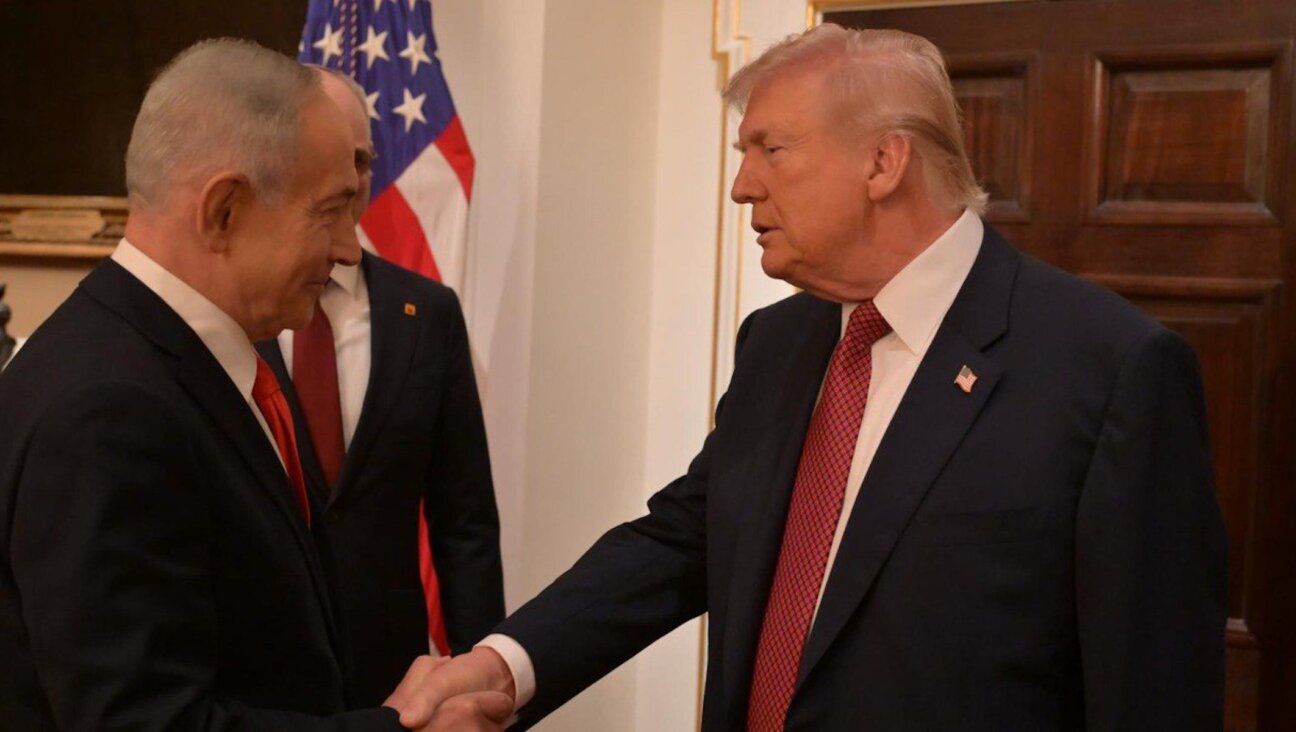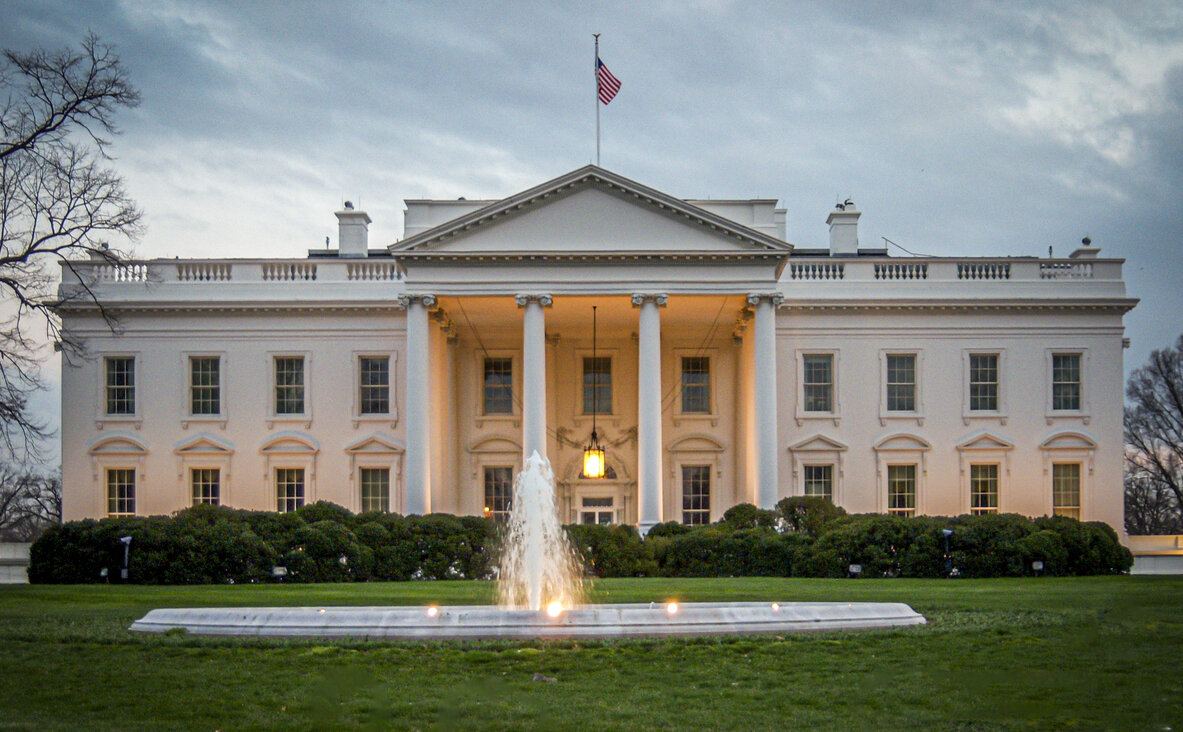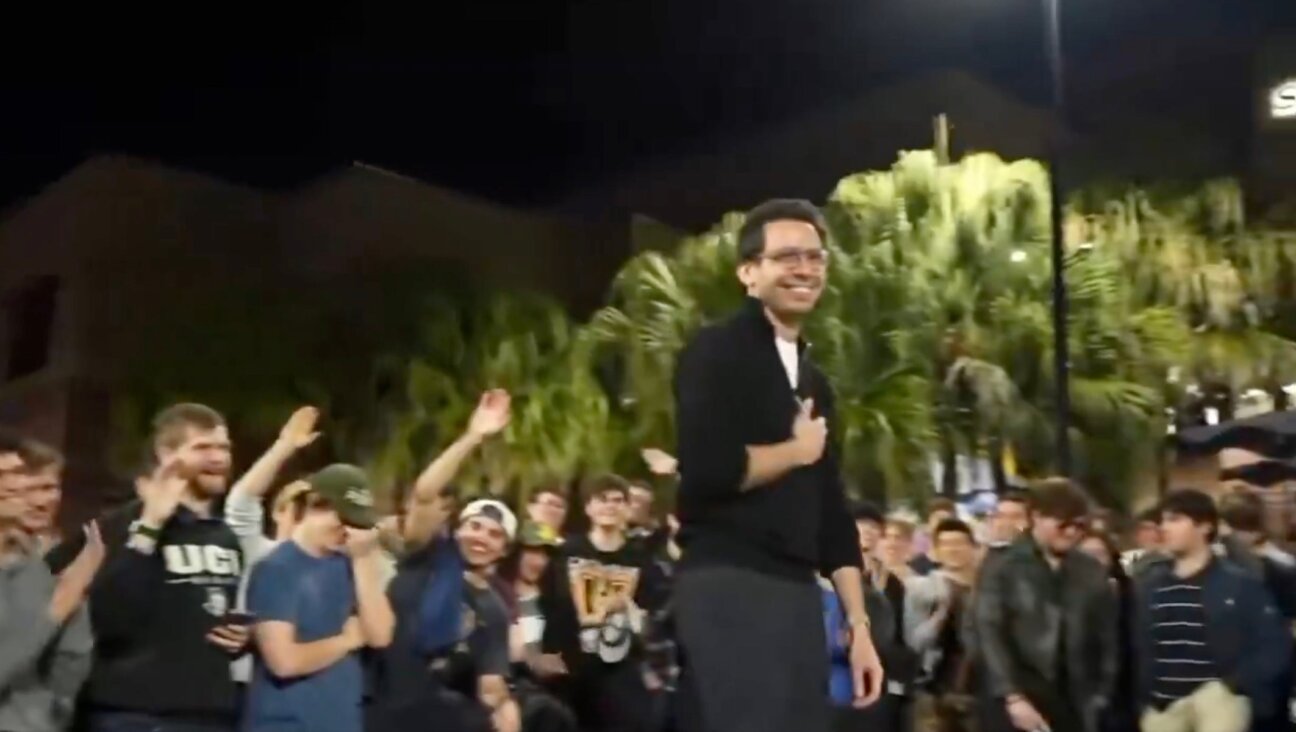Reform rabbis join monthly Women of the Wall protest that recent proposed legislation would have barred
Police also stepped in to protect prayer services taking place at a site designed for egalitarian worship

Gilad Kariv, a member of Knesset, holds a Torah scroll during Rosh Hodesh prayer of Women of the Wall, at the Western Wall in Jerusalem, Feb. 22, 2023. (Erik Marmor/Flash90)
(JTA) — American Reform rabbis joined Women of the Wall for the group’s monthly prayer service at the Western Wall, weeks after members of the Israeli government introduced, then quickly withdrew, a law that would have banned their activity.
In addition, police intervened to stop Orthodox counter-protesters who tried to disrupt a separate prayer service at a space allocated for egalitarian worship.
Every month for more than a decade, a group called Women of the Wall tries to bring a Torah to the women’s section of the holy site, known in Hebrew as the Kotel, despite objections from the rabbi who oversees the space. Their prayer services occur on the first day of each Hebrew month, when the Torah is traditionally read, and are opposed by Orthodox leaders who see the services as a desecration of the holy space.
Wednesday marked the first new Jewish month since legislation that would have criminalized egalitarian prayer and immodest dress at the Western Wall was proposed, then quickly walked back amid a widespread outcry.
Reform rabbis from the United States were among the crowds of people joining and supporting the Women of the Wall demonstration. The Reform movement brought more than 200 rabbis to Israel this week for a convention, held in the country for the first time since the pandemic. Their Israeli colleagues joined them for a march and the prayer service.
“As a woman, a rabbi, the only woman chief executive in the CCAR’s 134-year history & as a proud feminist, I’m bound by Jewish values to support not only Women of the Wall but to proudly hold the Torah for all women told they cannot worship freely at the Kotel,” Rabbi Hara Person, the head of the movement’s rabbinical association, the Central Conference of American Rabbis, said in a statement.
Gilad Kariv, a Reform rabbi who is a member of Knesset, Israel’s parliament, played the role he has since being elected in 2021. The Orthodox rabbi who oversees the Western Wall Plaza has sought to block women from bringing Torahs by having guards remove them during the security screening at the plaza’s entrance. As a member of parliament, Kariv does not have to undergo those screenings and can bring the Torah scroll in.
Today, Rabbi Hara Person, Chief Executive of the Central Conference of American Rabbis & Rabbi Erica Asch, President Elect, with Women of the Wall, MARAM rabbis & #Reformrabbis from across America & around the world joined together at the Kotel to carry the Torah & pray openly. pic.twitter.com/Zb6SEequwC
— CCAR (@ReformRabbis) February 22, 2023
While another Knesset member from a haredi Orthodox party tried to block Kariv’s delivery of the Torah, the prayer service took place as planned. Teenagers associated with the far-right Noam Party heckled the women, as well as men and women praying together at a separate service in an egalitarian space administered by the Conservative-Masorti movement. But police intervened to restrain the Noam protesters, according to local media reports.
The police pledged to deploy additional officers on the first day of the month in the wake of an incident in which Orthodox protesters disrupted the bar mitzvah of an American boy last summer in the egalitarian prayer section, and police officers did not intervene.
An agreement approved by the Israeli government in 2016 would have expanded a the egalitarian prayer area. That deal, however, was suspended the following year after backlash from haredi parties. The Israeli Supreme Court, which the current government wants to disempower, is due to discuss whether the agreement must be implemented at an upcoming hearing.
This article originally appeared on JTA.org.















